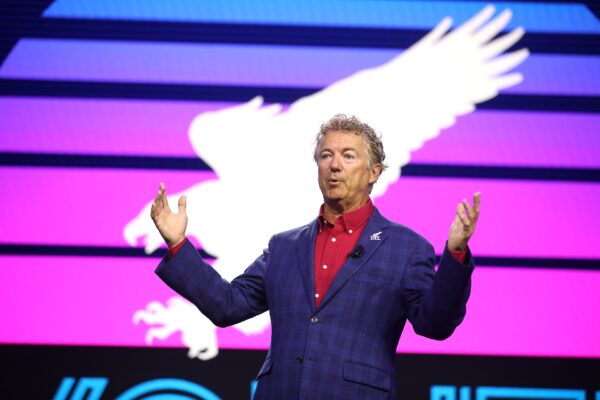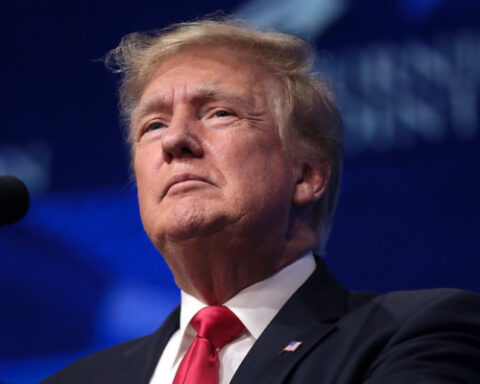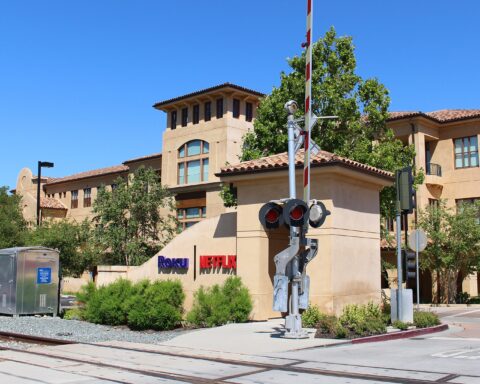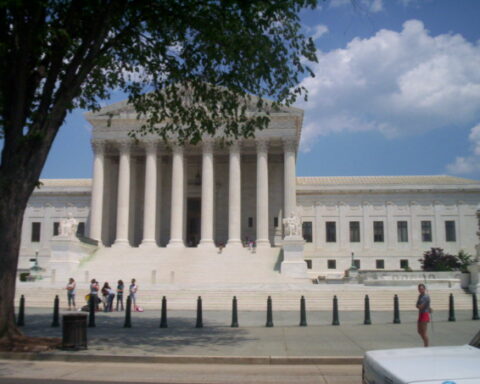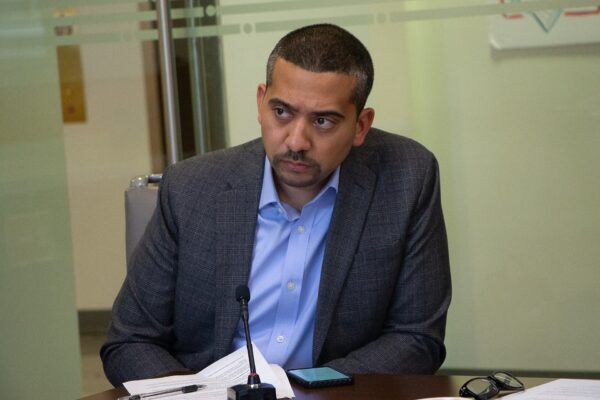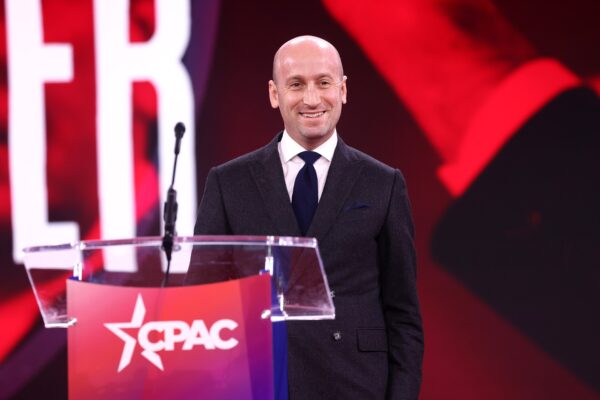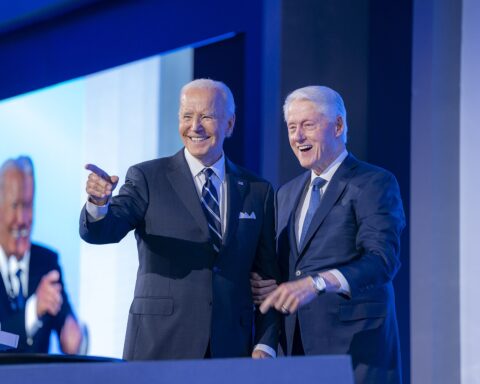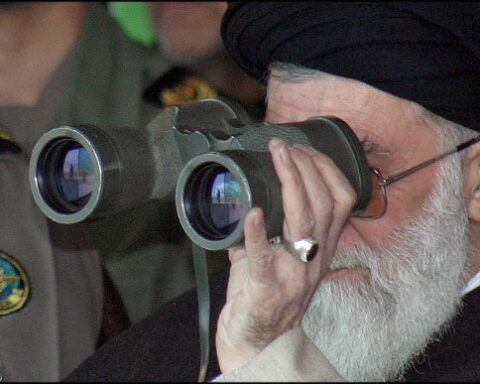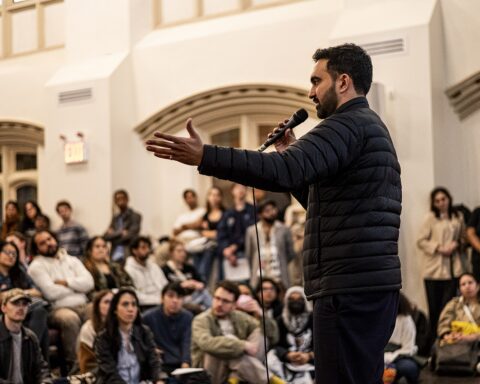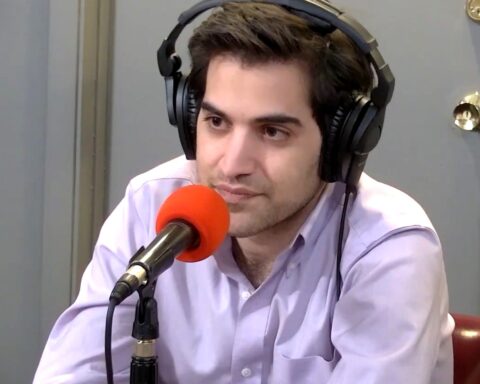Senator Rand Paul of Kentucky reportedly issued a pointed warning Friday to President Donald Trump, cautioning that recent foreign policy decisions — including deeper involvement in Ukraine’s war with Russia and stepped-up operations in the Caribbean targeting Venezuela — risk alienating the very voters who powered the Make America Great Again movement.
Paul, speaking with Dasha Burns on Politico’s “The Conversation” podcast, focused on the administration’s $20 billion “economic stabilization” agreement with Argentina, describing it as “the dealbreaker … because it’s an enormous amount of money.” He argued that spending abroad — particularly in Ukraine — could become a flashpoint.
“If there is more money going to Ukraine, and it looks like he is coming down on the side of getting us involved with Ukraine on their side of the war [with Russia] or on any side of this war, I think you’re going to see all hell break loose,” he said.
The senator suggested that foreign intervention could provoke a stronger reaction among conservative voters than controversies surrounding the handling of the Jeffrey Epstein case. Trump was elected — and remains supported — for his skepticism toward nation-building and costly overseas conflicts, Paul noted.
“And if all of a sudden, President Trump becomes the president of regime change in Venezuela and giving arms and money to Ukraine, I think a lot of people will feel abandoned,” he said. At the same time, he acknowledged that Trump “has been the least likely to get involved in regime change” and expressed hope that the president’s instincts remain unchanged.
Paul expressed concern that influential advisers — such as Senator Lindsey Graham of South Carolina and Secretary of State Marco Rubio — could encourage Trump to adopt a more interventionist posture. “I think there are people around him … that are more inclined to believe in regime change,” he said. “And so I think those people have his ear, and so that concerns me.” Whether Trump now has “the wrong people,” he added, is something “we’ll find out.”
“Regime change is not a part of Donald Trump’s psyche,” Paul emphasized. “He’s been opposed to it. So, if they get him involved in regime change in Venezuela, that is something that I think is inconsistent with his instincts.”
Despite pleas from Ukraine, Trump decided against deploying Tomahawk missiles to Kyiv. After meeting the president at the White House, NATO Secretary-General Mark Rutte said Trump was “completely right” to hold back the long-range weapons.
But the administration is escalating operations in the Caribbean as part of what officials call a campaign against “narco-terrorism.” The U.S. military has struck a vessel linked to the Venezuelan criminal organization Tren de Aragua, killing six, according to Defense Secretary Pete Hegseth.
The boat-strike campaign, officials said, is aimed at increasing pressure on Venezuelan ruler Nicolás Maduro, viewed by the administration as an “illegitimate” leader.
Paul’s warning underscores a dilemma for the White House: maintaining Trump’s longstanding skepticism of foreign intervention while confronting global threats that, officials argue, endanger American security.
[READ MORE: Mehdi Hasan Clashes with Conservatives Over Islamic Call to Prayer and American Identity]

